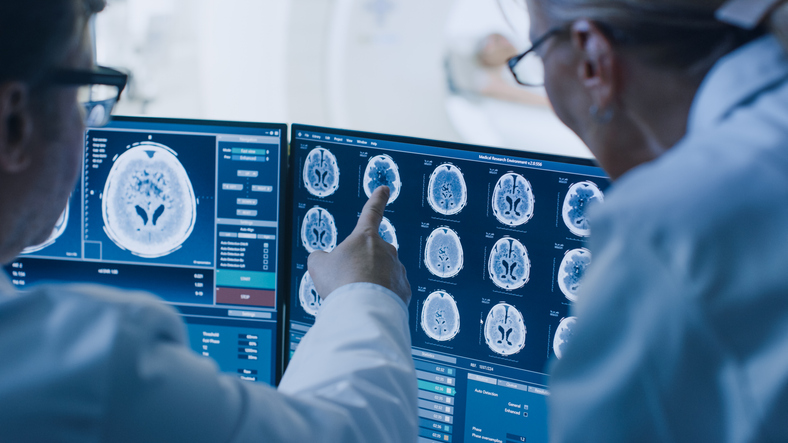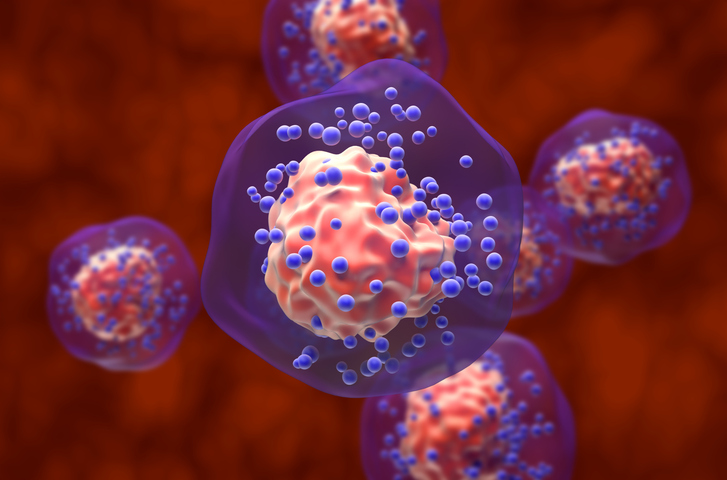
A group of researchers has recently identified several genetic mutations associated with severe breast cancer. This triple-negative breast cancer usually requires heavy chemotherapy and has a low five-year survival rate; however, this new genetic discovery may protect those at risk from having recurrent cancer.
Analyzing genetic data from 10,901 patients who were diagnosed with triple-negative breast cancer, the team found that genetic variants in BARD1, BRCA1, BRCA2, PALB2 and RAD51D were associated with a high risk of triple-negative breast cancer. In addition, they found that these variants were also correlated to a 20% increased risk of any type of breast cancer. Variants in the genes BRIP1, RAD51C, and TP53 were associated with a more moderate risk of triple-negative breast cancer. The full study can be found here in the Journal of the National Cancer Institute.
This aggressive and rare form of breast cancer was given its name due to its lack of estrogen, progesterone, and HER2 receptors. Roughly 80% of all breast cancers are estrogen receptor-positive and 65% of these cancers are also progesterone receptor-positive. HER2-positive breast cancer is also a common form of breast cancer, presenting HER2 receptors on cell surfaces. Unlike these three main types of breast cancer, triple-negative has no targeted therapies. It accounts for 15-20% of all breast cancer cases, with black women being more than twice as likely than white women to develop the disease. Triple-negative is also more likely to recur and spread as well, making it a particularly challenging breast cancer to manage.
Though previous studies have linked some of these variants to triple-negative breast cancer, this research offers much greater detail in analyzing this connection. These findings are also the first to link RAD51D and BARD1 to breast cancer, being that they had previously only been associated with ovarian cancer. With these findings, patients who are diagnosed with triple-negative breast cancer can be screened for these variants to determine their potential risk for recurrent cancer. Patients who test positive for these associated variants would be candidates for further monitoring via MRI and mammography, according to lead author Dr. Fergus Couch, Mayo Clinic geneticist.
A genomic oncology specialist not involved in the study, Dr. Sandra Swain, claims that though these findings are significant, it is important to determine who should undergo genetic screening other than those who have already been diagnosed with triple-negative. She states that, “Unless we start testing everyone for these genes, it’s unclear how we can effectively screen for first-time cases.”
Researchers discover gene mutations linked with aggressive #breastcancer — study is the first to identify genes associated with high risk of triple-negative breast cancer #TNBC #bcsm @MayoClinic https://t.co/aJjCcZyRfU
— Mayo Clinic Cancer Center (@MayoCancerCare) August 7, 2018
Sources: Journal of the National Cancer Institute, NBC News, WebMD







 © 2025 Mashup Media, LLC, a Formedics Property. All Rights Reserved.
© 2025 Mashup Media, LLC, a Formedics Property. All Rights Reserved.